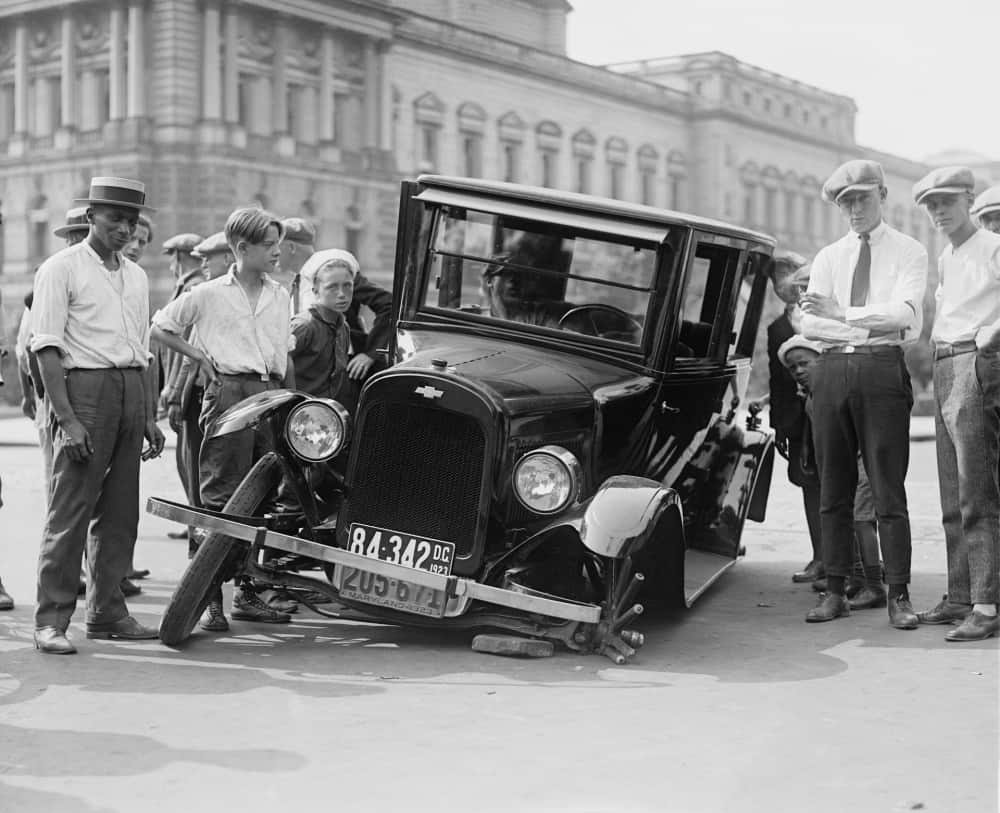No written or up-to-date operating procedures?
‘She’ll be right, mate’ can mean whatever is wrong will right itself with time or that it’s just fit for purpose and no more. This is certainly not true for your operating procedures. They need to be better than that and they won’t write themselves, or keep themselves current.
Don’t wait for a serious accident or a knock on the door from Worksafe to realise you haven’t got your operating procedures up to date.
What could possibly go wrong?
Here are two recent examples of companies who have been in operation for a long time and still didn’t have up-to-date, easy to understand operating procedures for extremely dangerous equipment. In 2020, that’s just not good enough.
28 February 2020
… Industries fined $300k after workplace accident
The man lent over the unguarded low-speed rotating shaft to unjam the end stop and became entangled around the shaft of the machine…
[WorkSafe lawyer TS]…said in terms of culpability, there was no written standard operating procedure* for changing the bar and that lack of clarity led to the accident. The unguarded rotating shaft was an easily accessible hazard.
14 August 2019
Hawke’s Bay fruit juice company fined $367,500 for death of worker dragged into machinery
She [WorkSafe lawyer SB] said the company was more culpable because there was no formal standard operating procedure* for the machine. A sign advising workers of the dangers that had been attached to the door had fallen off before the accident.
How many times have you seen a handwritten sign warning of a hazard in the workplace stuck to a piece of machinery with duct tape? Someone working there has noticed something dangerous about the equipment and made a sign and stuck it on. Anyone in a position of responsibility, who walks past that sign and takes no action to formalise the warning—either as a permanent sign, or in the written operating procedures (preferably both)—is potentially culpable for any accidents that occur.
When it comes to the health, safety and wellbeing of you, your workers, and visitors to your site, the standard you walk past is the standard you accept.
Operating procedures are not hard to write, but they do take time and they need to be relevant and understandable—by all levels of worker.
Time on your hands?
So, you may have some time on your hands right now, or you may be run off your feet as an essential supplier or service. Either way you need procedures that work for you and provide clarity in your operation.
Your operating procedures can help you now more than ever. If you have clear written procedures, you can easily adapt them to the new conditions when something changes. If they are not clear and written down, when something changes people will make it up as they go along to make it work. This is not a good strategy and will not stand up in court.
Are you a non-essential service thinking about how you will operate at lower level restrictions? You should be thinking about this right now. If we all have to maintain physical distancing for another six months or a year, how will your business operate?
Supermarkets have stepped up and put in place lots of new ways to do things to protect their staff and customers.
15 April 2020
Coronavirus: New ways of working at supermarket frontline
However, he said the recent changes offered a timely opportunity for the business to look at its operating procedures.
“It’s asking if we need to operate how we have been or is there another, much better way of doing it?
“I hope people don’t go back to exactly what they’ve been doing because that means they will have learned nothing from this.”
Do the right thing
So, what are you doing to make your workplace safer when we come out of lockdown? Are you just going to carry on as normal in the hope that nothing goes wrong? We don’t need a virus to remind us that we all need to do the right thing all the time.
If you need help with putting together those procedures, or re-writing the ones you’ve already got, contact us. We’re here to help you.
*My italics added for emphasis.

